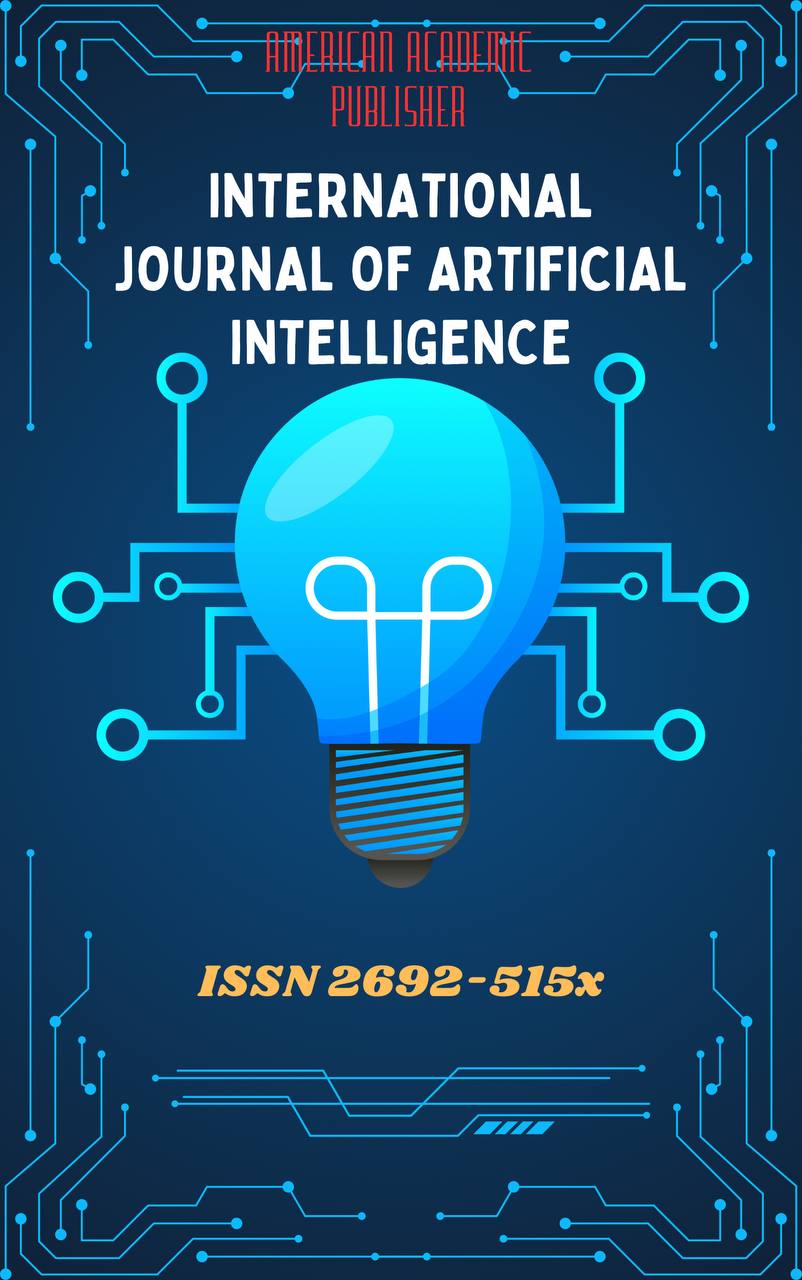 Articles
| Open Access |
Articles
| Open Access | BORROWED TERMINOLOGY: INFLUENCE OF ENGLISH ON UZBEK SCIENTIFIC VOCABULARY
Shamsiddinova Gavhar Dilshod qizi , Uzbekistan State University of World LanguagesAbstract
The increasing dominance of English as the global lingua franca of science, technology, and higher education has had a profound influence on the development of scientific vocabulary in many languages, including Uzbek. In the post-Soviet linguistic landscape of Uzbekistan, where Russian previously held a central role in academic discourse, English has rapidly become a primary source of new terminology, especially in disciplines such as information and communication technologies, medicine, engineering, and economics. This lexical shift is driven by globalization, digitalization, and the internationalization of higher education.
This paper investigates the scope, nature, and implications of English-derived scientific terminology in the Uzbek language. It examines the mechanisms through which English words enter the lexicon—whether directly borrowed, phonetically adapted, semantically modified, or translated—and how these terms are integrated morphologically and functionally into Uzbek sentence structure. Drawing on corpus-based analysis, institutional terminology records, and field data from academic environments, the study analyzes the usage patterns and sociolinguistic perceptions surrounding these borrowings.
The findings demonstrate that while English borrowings enrich the Uzbek scientific vocabulary by filling lexical gaps and enabling cross-border communication, they also present challenges related to terminological standardization, linguistic purity, and intergenerational language divergence. Moreover, the lack of consistent institutional policy on terminology development often results in unregulated borrowing and hybrid usage, particularly in media, education, and technology.
Ultimately, this study argues that the influence of English on Uzbek scientific language is both inevitable and potentially constructive—provided that it is guided by thoughtful language planning, inclusive educational strategies, and a balanced respect for native linguistic structures. The article contributes to the broader discussion on language contact, identity, and modernization in post-colonial and multilingual societies.
Keywords
Loanwords, scientific terminology, Uzbek language, English influence, lexical borrowing, language planning, standardization, globalization
References
Karimov, N. (2018). Terminology and Lexical Borrowing in Modern Uzbek. Tashkent: UzFA Press.
Haugen, E. (1950). The analysis of linguistic borrowing. Language, 26(2), 210–231.
Uzbek Academy of Sciences (2021). Official List of Scientific Terms. Tashkent: Terminology Committee.
Crystal, D. (2003). English as a Global Language (2nd ed.). Cambridge University Press.
Mirzayev, B. (2020). Influence of Global Languages on National Terminology Systems: The Uzbek Case. Central Asian Journal of Linguistics, 3(2), 45–60.
State Terminology Committee. (2022). Guidelines for the Formation of Scientific and Technical Terms in Uzbek. Tashkent.
Article Statistics
Downloads
Copyright License

This work is licensed under a Creative Commons Attribution 4.0 International License.

